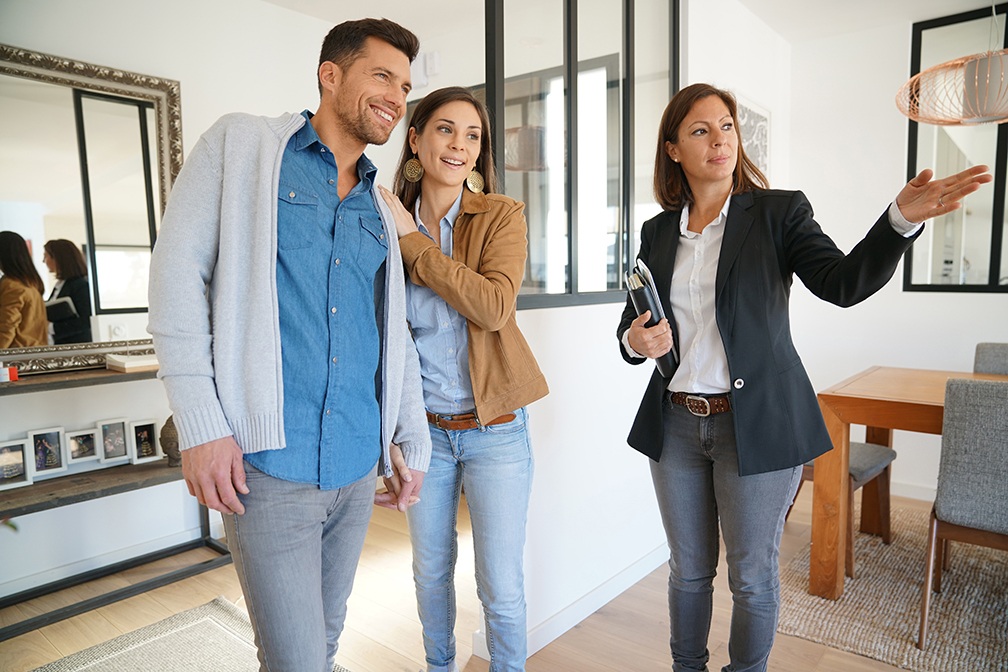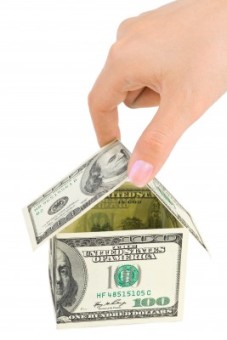How Do You Actually Write The Check To Buy A House?
 After you have found the right house to meet your needs, you need to make the down payment to complete the transaction. Can you show up at the closing table with a suitcase full of cash? Of course, that would be a bit suspect, so that is not actually how it happens. What do you need to do to actually hand over the funds to buy the house?
After you have found the right house to meet your needs, you need to make the down payment to complete the transaction. Can you show up at the closing table with a suitcase full of cash? Of course, that would be a bit suspect, so that is not actually how it happens. What do you need to do to actually hand over the funds to buy the house?
The Down Payment Is Verified Beforehand
First, understand that the down payment is usually verified before you agree to the deal. Your real estate agent will work with you and the seller’s agent to ensure that you actually have the funds needed to buy the house. For example, you might need to send screenshots of your bank balance or investment portfolio as proof that you have the money. Your agent will work with you to ensure your confidential information remains so.
The Funds Are Typically Given Using A Wire Transfer
When it is time for you to complete the actual transaction, the real estate attorney will handle just about everything. The attorney will be responsible for collecting the money from the sale and ensuring that everyone gets the money they are owed. The attorney will provide you with the account information for where you need to wire the money. Prior to the closing date, you need to go to the bank and work with one of their experts to ensure the money is in your account and wired to the correct account destination.
The Real Estate Agent Will Confirm The Process Is Done
It is best not to wait until the last minute to wire the money into the account. Try to do this process ahead of time, and make sure either the attorney or your real estate agent says that the process has been completed. You do not want to run the risk of missing your closing date. If you have questions about the process, make sure you give the attorney’s office plenty of time to respond to you.
Determine Your Budget With The Help Of Your Real Estate Agent
This process is important for making sure you can afford the house you want. Work with your real estate agent to ensure you have the necessary funds for the down payment.
 Have you finally found your dream home after months of searching, only to discover that the seller has received other offers? Few circumstances can raise your stress level as much as finding yourself in a bidding war against another buyer. However, being unprepared by not having your finances in order can make the situation even worse. Let’s take a quick look at a few ways that you can speed up your mortgage approval if you are in a hurry to buy your next home.
Have you finally found your dream home after months of searching, only to discover that the seller has received other offers? Few circumstances can raise your stress level as much as finding yourself in a bidding war against another buyer. However, being unprepared by not having your finances in order can make the situation even worse. Let’s take a quick look at a few ways that you can speed up your mortgage approval if you are in a hurry to buy your next home. There is a good chance you have heard someone described as being house poor. What exactly does it mean? It is important to understand what it means to be house poor and how you can stay away from it.
There is a good chance you have heard someone described as being house poor. What exactly does it mean? It is important to understand what it means to be house poor and how you can stay away from it.